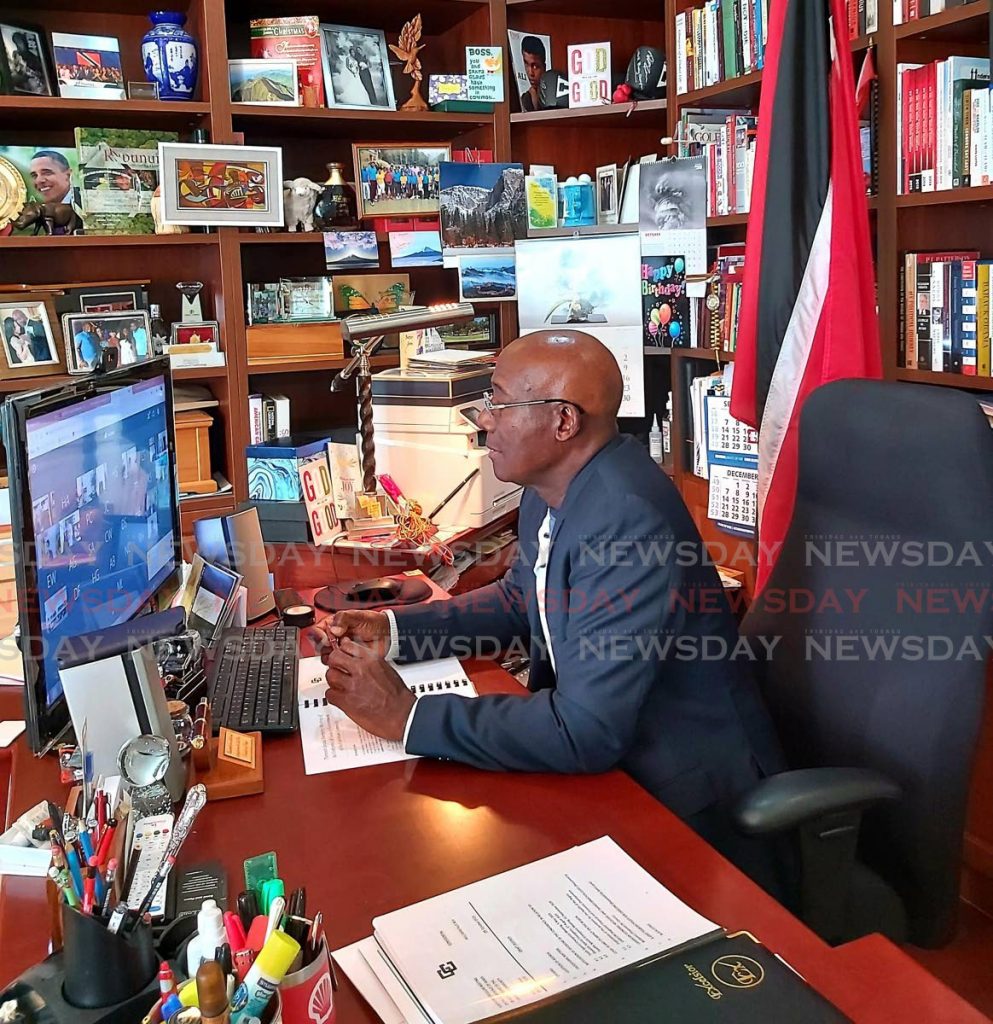How CSME can ease doing business in the region

The Prime Minister recently assumed the role of chairman of Caricom.
In his new year’s message, Dr Rowley stated that “we must look at making full use of the Caricom Single Market and Economy (CSME) as our principal means of recovery…. Pursuing the plans to advance the CSME that may have been side-lined by the urgent needs of the past year must be a priority to help propel us out of the negative socio-economic outlook that has been forecast.”
Certainly, deeper economic integration among states to advance international competitiveness and development are among the objectives of CSME. However, implementation of integration initiatives continues to be slow, despite the stated commitment of various chairpersons over time, not just in the last year as covid19 took centre stage. This “implementation deficit” has led to scepticism about completing the CSME and doubts regarding its benefits.
However, at the 2018 Conference of Heads of Government of Caricom convened in Port of Spain, under (Barbados PM) Mia Mottley’s chairmanship, there appeared to be a renewed interest in the CSME agenda as member states reaffirmed their commitment to taking keen action towards the full implementation of the CSME.
Mottley also made clear her intention to involve the private sector in the implementation and invited regional business leaders to meet with her in Port of Spain. The St Ann’s Declaration that resulted from the Heads meeting noted that the Revised Treaty of Chaguaramas would be amended to include private sector representative bodies as associate institutions.
The regional private sector laudably heeded this call and affirmed it’s own commitment to the CSME via the formation of the Caricom Private Sector Organisation (CPSO). As of October 29, 2020, the CPSO became an associate institution of Caricom. This status affords the private sector a seat at the table previously reserved for government and Caricom officials. This enables it to participate in policy activities geared towards full realisation of regional integration.
The TT Chamber looks forward to this enthusiasm being maintained under Dr Rowley’s chairmanship so that we can continue to foster the common commitment to a Caribbean business environment.
During the panel discussion – We are Better together: CSME Implementation And The Role Of The Private Sector – of the chamber’s 2019 annual business luncheon, one of the panellists lamented that it is often easier to establish businesses in other regions. Looking at the CSME implementation plan 2017-2019, the chamber believes that priority should be given to implementing the regime for rights of establishment. Given existing capacity constraints, this will improve the ease of doing business.
The rights of establishment regime will include harmonisation by registrars of companies – thus allowing single business registration. This will also entail harmonisation of the company annual return and certificate of good standing, harmonised procedures relating to monitoring companies registered outside the member state of incorporation, harmonisation of fees and charges, corporate mobility within the single market, treatment of identical names and dissolution of companies.
If we have learnt one thing from the pandemic it is that online access is crucial to today’s economy. As such, the objective should be for parties to be able to register their businesses online across member states, thereby increasing cross-border economic activity. This level of institutional and administrative harmonisation will result in improved efficiency, reduced costs and enhance overall competitiveness – a most important goal for our region in this time of global changes.

Comments
"How CSME can ease doing business in the region"